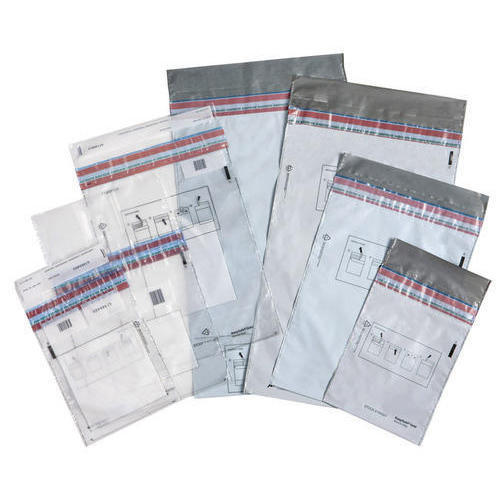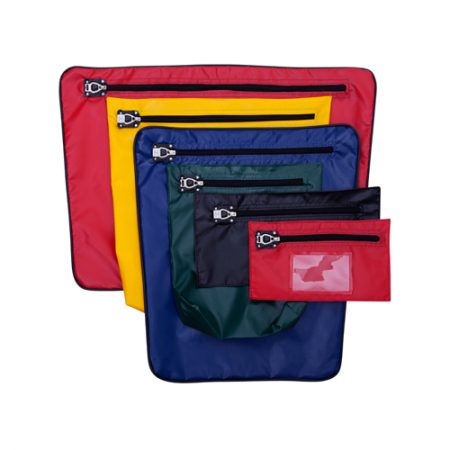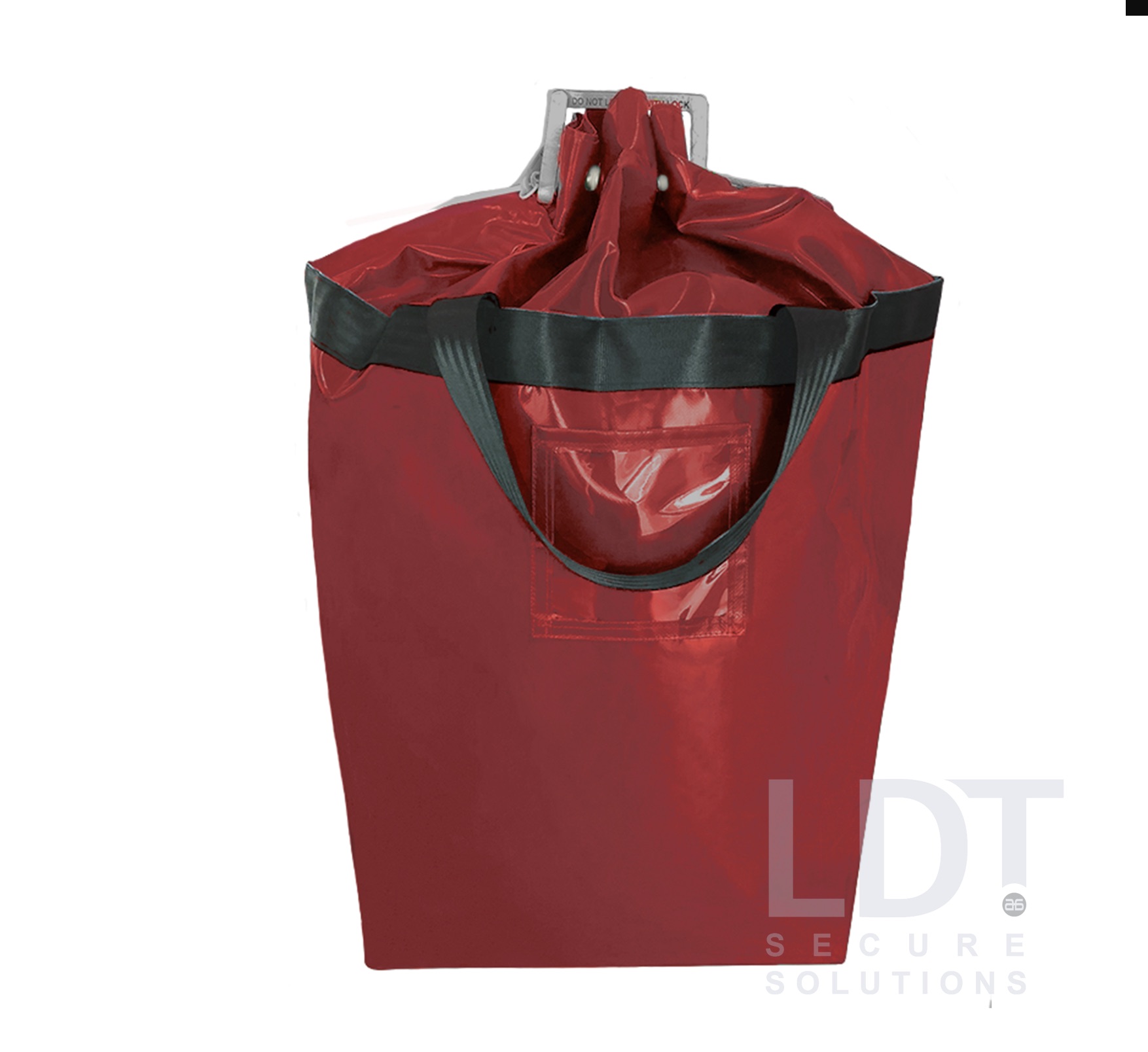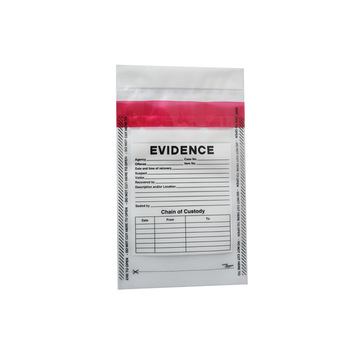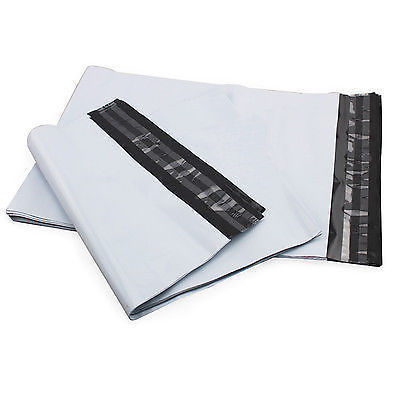New Zealand GST Guide New Zealand VAT Guide

GST returns are due to be submitted by the 28th day of the month following the end of the reporting period and the payment deadline is the same as the return filing deadline. If you’re a non-resident business that sells low value goods such as clothing, cosmetics and electronic items to consumers in New Zealand, you may need to register for, collect and return GST. You will need to charge GST on your supplies of goods and services and pay it to Inland Revenue. You will also be able to claim back the GST you incur on your business expenses.
The IRD imposes a 1% monthly penalty on unpaid amounts and interest charges on outstanding balances. Missing a New Zealand GST return deadline will result in a fine of NZ$250. You may not realise it, but an arrival and departure tax is added to the cost of your flight or cruise ticket to and from New Zealand. The arrival and departure tax for New Zealand, also known as “border processing levies”, is a fee to pay for the Customs and Biosecurity procedures you go through upon arrival and departure. There is no upfront cost to pay for these fees, they are included in the cost of your travel ticket.

The obligation to register for GST arises when a business carries out a taxable activity and their turnover exceeds NZ$60,000 in 12 consecutive months or this threshold is expected to be reached in the next 12 months. Registration is also mandatory if a business charges GST for the goods or services sold. Under certain conditions, backdating a GST registration may be possible upon contacting the Tax Authorities. If you’re a non-resident business and you supply remote services such as digital content from outside New Zealand to customers who are resident in New Zealand, you may be required to register for, collect and return GST on these supplies. If the seller is earning less than $60,000 a year from their self-employed or business activity, they don’t have to register for and charge GST.
Get help solving your VAT challenges
This is pretty rare but still happens in some trade, wholesale retailers and services, so keep an eye out. These are the taxes you might be expected to pay as a tourist or international visitor to New Zealand, which we will go into more detail about in recession-proof this New Zealand tax guide for travellers. Non-resident businesses that sell low-value imported goods — a physical good valued at NZD 1,000 or less — in New Zealand may need to register for, collect, and return GST. Imported goods valued over NZD 1,000 have GST and customs duties charged at the border by the New Zealand Customs Service. While most goods and services sold in New Zealand have to include GST in their price, some can have a rate of 0% in certain circumstances and others are always exempt. That new piece of GST legislation mirrors similar rules governing the supply of digital services introduced in the European Union (EU) in January 2015 on the taxation of digital goods.
Create a FREE account
- Expanding your business to New Zealand requires an understanding of its VAT system, known locally as Goods and Services Tax (GST).
- It’s included in the price paid and collected by the seller, then paid to Inland Revenue.
- If you’re a non-resident and carry on any activity such as a business which involves supplying goods or services in New Zealand over NZ$60,000 a year, you may be required to register for GST.
- If you’re a non-resident business and you supply remote services such as digital content from outside New Zealand to customers who are resident in New Zealand, you may be required to register for, collect and return GST on these supplies.
- You must request and pay for an NZeTA before you travel to New Zealand.
Travellers departing on a cruise ship are charged a Customs levy of NZ$4.55. Travellers arriving on a cruise ship are charged a Customs levy of NZ$11.48 and a biosecurity levy of NZ$10.58. If a GST return deadline falls on public holidays or weekends, filing obligations must be completed by the next working day. If you have to reissue a duplicate invoice for a customer, you must add the words ‘copy only’.
Non-resident businesses and GST
However, if the reporting period ends on November 30, the return and payment must be submitted by January 15 of the following year. Once registered for GST, businesses must charge GST to their customers and pay anything that is owed to the New Zealand Inland Revenue. Businesses must also file GST returns at a frequency determined by its sales figures.
If a business realizes that, based on the above registration requirements, it would not have been mandatory for them to register, they may cancel their registration. merchant center intuit If you’re a non-resident and carry on any activity such as a business which involves supplying goods or services in New Zealand over NZ$60,000 a year, you may be required to register for GST. This article has been reviewed and approved by Robin, who is the co-founder of NZ Pocket Guide. With more than 15 years of experience in the New Zealand tourism industry, Robin has co-founded three influential tourism businesses and five additional travel guides for South Pacific nations.
Businesses may submit their GST returns electronically through either myIR or an accounting software. Paper filing is also permitted, if the business does not have a myIR account, the Inland Revenue will provide them with the paper return. Appointing a tax representative is not mandatory for non-resident businesses. The GST filing frequency is what is operating cash flow dependent on the volume of sales made by the business. There are also goods and services that are exempt from GST, such as penalty interest or renting a residential dwelling. To register for New Zealand GST, businesses can apply online through the Inland Revenue Department (IRD) website.
Applicable to the supply of certain domestic goods and services, e.g. hotel accommodation for more than 4 weeks. The Inland Revenue is responsible for the administration of the goods and services tax in New Zealand. If you’re unsure about whether your business needs to register, you can contact us or your tax agent. Non-resident businesses are not required to appoint a local fiscal representative for GST purposes in New Zealand.

